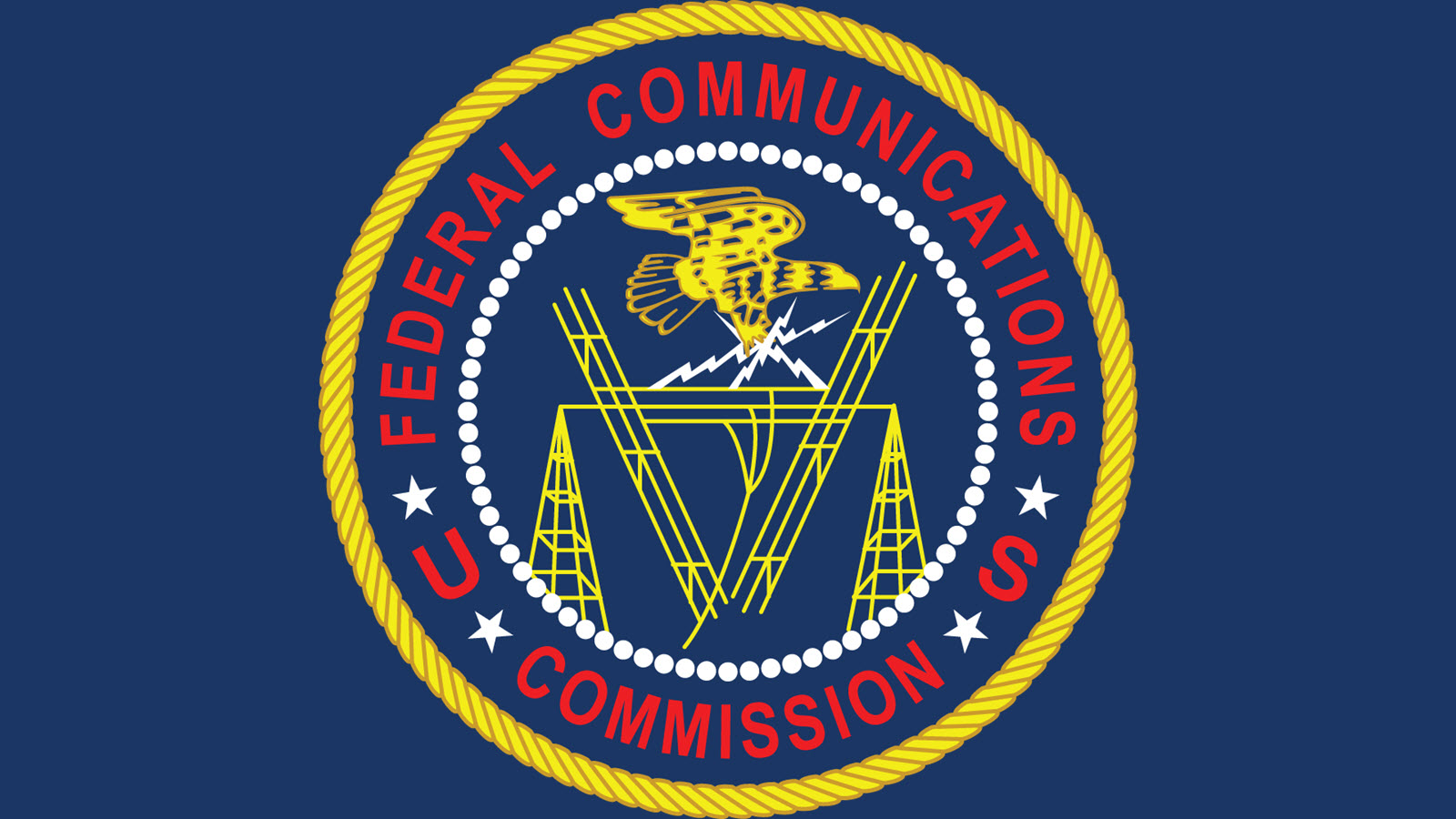Court Vacates FCC's Tribal Subsidy Revamp

The smarter way to stay on top of broadcasting and cable industry. Sign up below
You are now subscribed
Your newsletter sign-up was successful
The FCC will have to go back to the drawing board, or at least the comment cycle, to impose two limitations on Tribal lands voice and broadband subsidies after the U.S. Court of Appeals for the D.C. Circuit said the commission's decision was arbitrary and capricious for a host of reasons, including that it did not provide a "reasoned" explanation or enough time for the public to comment on the proposed changes.
The court did not rule against the changes, per se, just that the commission did not sufficiently justify or explain how and why it made the changes, or give others sufficient chance to figure that out before ti voted, along party lines, to make them. The court vacated (nullified) and remanded the decision back to the FCC with instructions to open a new comment period, after which the FCC will need to better explain itself if it wants to make the changes.
In November 2017, a bitterly divided FCC adopted two changes to the Universal Service Fund Lifeline subsidy on tribal lands, confining it to carriers who used their own facilities, which excluded resellers that had been part of the program, and limiting the subsidy to rural areas of Tribal lands.
That was part of a larger revamp of the Lifeline program aimed at curtailing waste, fraud and abuse in the wake of a GAO report that found big problems with the subsidy program.
Related: Pai Proposes Own Lifeline Revamp
Democrats on the commission and the Hill called it an assault on the subsidy. Democrat Jessica Rosenworcel called it cruel, then commissioner Mignon Clyburn called the revamp, billed as better bridging the digital divide, a "bridge to nowhere, and Hill Dems called it 'lawyerly' maneuvering to kill the program." Tribal groups sued the FCC over the decision.
"The Commission’s decision evinces no consideration of the exodus of facilities-based providers from the Tribal Lifeline program. Neither does it point to evidence that banning resellers from the Tribal Lifeline program would promote network buildout," wrote Judge Judith Rogers. Also hearing the case were Judges Thomas Griffith and A. Raymond Randolph. "Nor does it analyze the impact of the facilities requirement on Tribal residents who currently rely on wireless resellers," Rogers continued. "Further, the Commission ignored that its decision is a fundamental change that adversely affects the access and
affordability of service for residents of Tribal lands. Similarly, in adopting the Tribal Rural Limitation, the Commission’s decision evinces no consideration of the impact on service access and affordability. Its decision does not examine wireless deployment data related to services to which most Tribal Lifeline recipients subscribe."
The smarter way to stay on top of broadcasting and cable industry. Sign up below
On the procedural, but "nonharmless" side, the court said, "two weeks notice in the form of an unpublished draft order was inadequate."
Rogers is one of the judges that had been scheduled to hear last week's challenge in the same court to another FCC decision, the Restoring Internet Freedom order, but was replaced before oral argument.
“We are still reviewing the Court’s decision but remain committed to combatting waste, fraud, and abuse in the Lifeline program," said an FCC spokesperson. "In particular, we are disappointed that today’s decision leaves in place an indefensible status quo where residents of Tulsa, Oklahoma, whether or not they are Native American, receive $25 more a month in Lifeline subsidies than residents of cities like St. Louis, Kansas City, and Omaha.”
Contributing editor John Eggerton has been an editor and/or writer on media regulation, legislation and policy for over four decades, including covering the FCC, FTC, Congress, the major media trade associations, and the federal courts. In addition to Multichannel News and Broadcasting + Cable, his work has appeared in Radio World, TV Technology, TV Fax, This Week in Consumer Electronics, Variety and the Encyclopedia Britannica.

